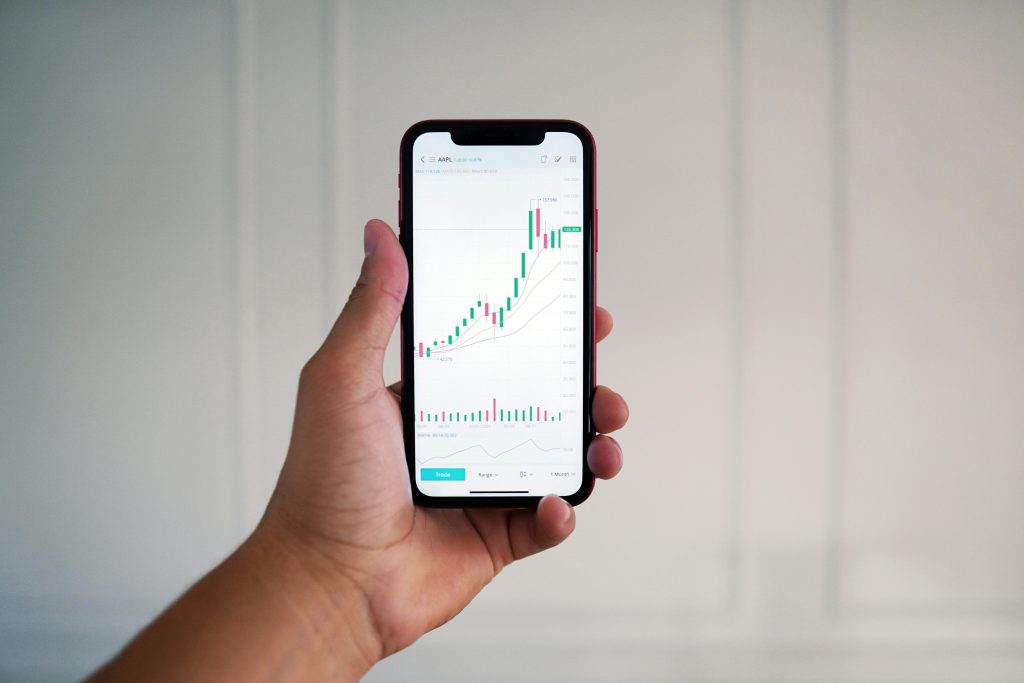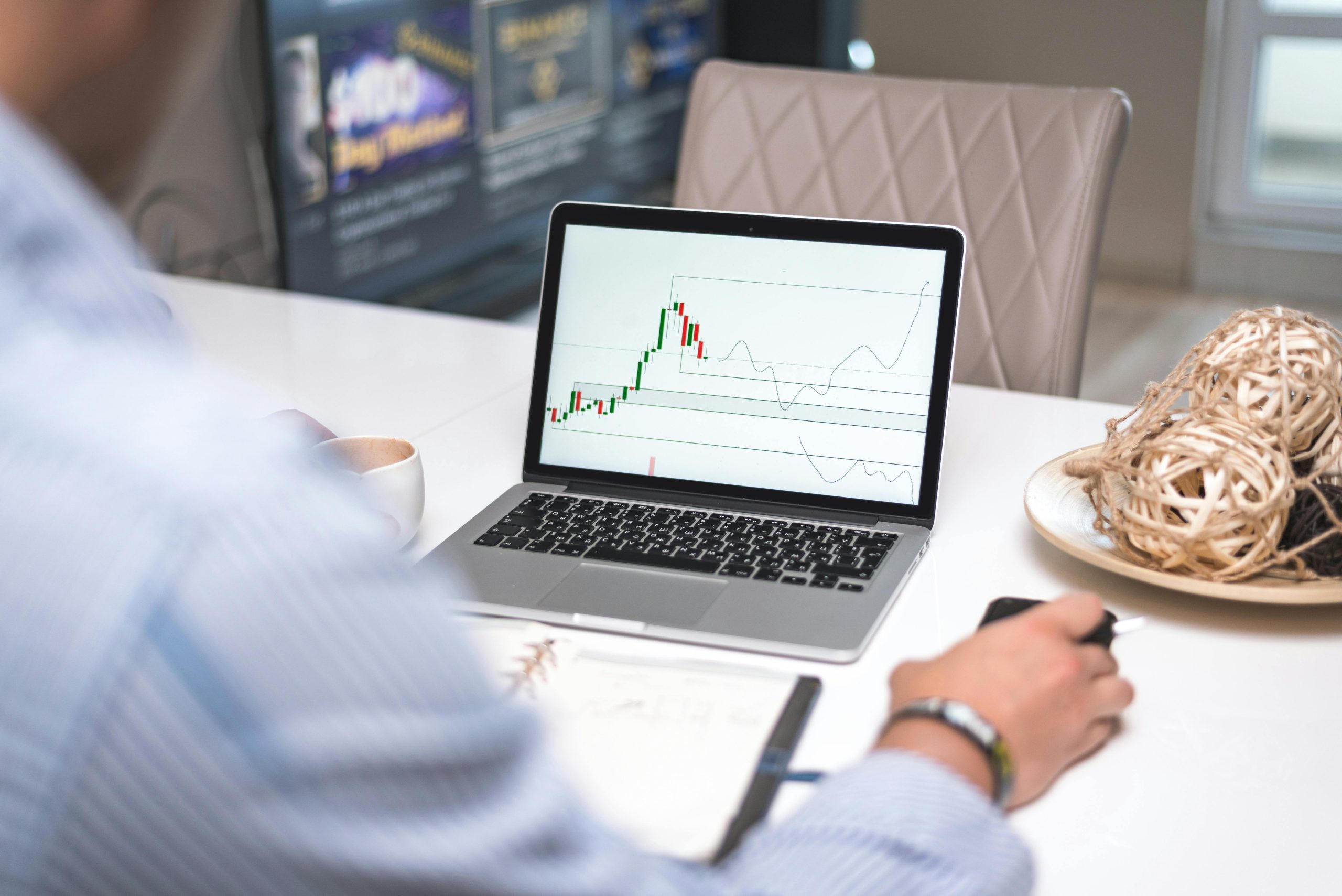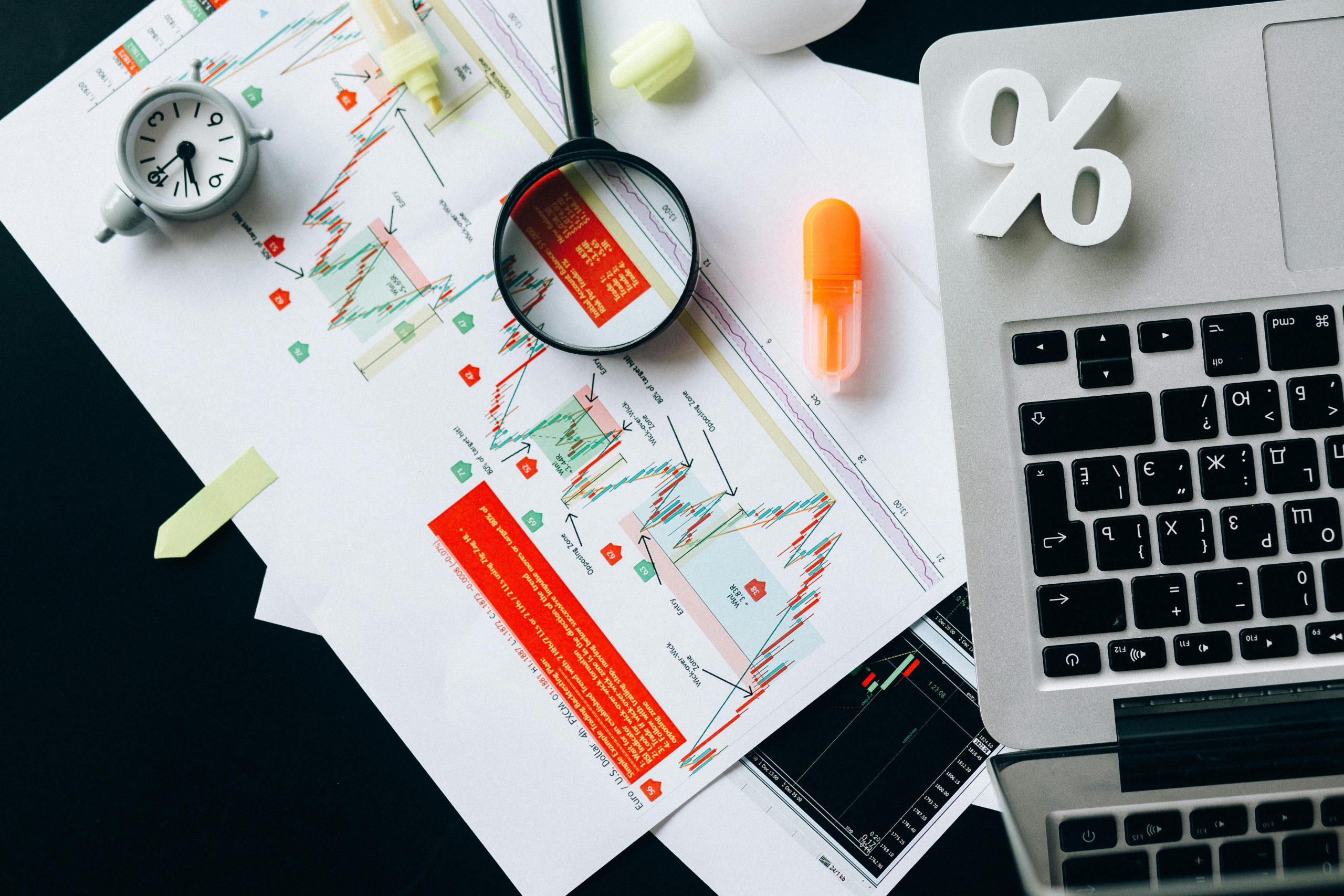Choose The Best Forex Broker For Your Trading Needs
Choosing the right forex broker is one of the most critical decisions a trader can make. With hundreds of brokers available worldwide, finding the one that best suits your trading needs requires careful consideration. Your choice of broker can impact everything from your trading costs to the execution speed of your trades, and even the safety of your funds. Whether you’re a beginner or an experienced trader, selecting the right broker is crucial to your success in the forex market.
This guide will walk you through the essential factors you should consider when choosing the best forex broker for your trading needs.

1. Regulation and Trustworthiness
The first and most important factor to consider when selecting a forex broker is their regulatory status. A regulated broker is subject to strict oversight by financial authorities, which ensures that they adhere to specific standards of fairness, transparency, and security.
Why Regulation Matters:
- Fund Protection: Regulated brokers are required to hold your funds in segregated accounts, meaning your money is separate from the broker’s operating funds. This protects you in case the broker goes bankrupt.
- Transparency: Regulated brokers must disclose their fees, spreads, and terms of service clearly, preventing hidden costs.
- Safety: In many cases, regulated brokers are part of compensation schemes, meaning your funds are protected up to a certain amount if the broker becomes insolvent.
How to Check Regulation:
Make sure to verify the broker’s regulation on the official website of the regulatory body. Some of the top regulatory authorities include:
- United States: Commodity Futures Trading Commission (CFTC), National Futures Association (NFA)
- United Kingdom: Financial Conduct Authority (FCA)
- Australia: Australian Securities and Investments Commission (ASIC)
- Europe: Cyprus Securities and Exchange Commission (CySEC), European Securities and Markets Authority (ESMA)
2. Trading Costs: Spreads and Commissions
Trading costs can significantly impact your profitability, especially if you trade frequently. When choosing a broker, it’s essential to consider the spreads and commissions they charge.
Spread:
The spread is the difference between the buying price (bid) and selling price (ask) of a currency pair. Brokers make money from this difference. Generally, lower spreads are better, as they reduce your trading costs.
- Fixed Spreads: Some brokers offer fixed spreads, meaning the spread remains constant regardless of market conditions. This can be beneficial in volatile markets.
- Variable Spreads: Other brokers offer variable spreads that fluctuate based on market conditions. These can be lower in stable markets but may widen significantly during volatility.
Commissions:
Some brokers charge commissions on top of the spread. These are usually based on the size of your trade and are common with ECN (Electronic Communication Network) brokers. ECN brokers typically offer lower spreads, but their commissions can add to your overall trading costs.
Cost Comparison:
Before settling on a broker, compare the spreads and commissions across different brokers. Some brokers may offer lower spreads but higher commissions, while others may provide commission-free trading but wider spreads.
3. Trading Platform and Tools
The trading platform is your gateway to the forex market, so it’s essential to choose a broker that offers a platform that suits your trading style. A good platform should be user-friendly, reliable, and feature-rich.
Popular Trading Platforms:
- MetaTrader 4 (MT4): One of the most widely used platforms, MT4 is known for its simplicity, technical analysis tools, and automated trading options (Expert Advisors).
- MetaTrader 5 (MT5): The successor to MT4, MT5 offers more timeframes, additional technical indicators, and an integrated economic calendar.
- cTrader: Known for its clean interface and advanced charting features, cTrader is popular among ECN traders.
- Proprietary Platforms: Some brokers offer their own platforms, which may include unique features tailored to specific types of traders.
Features to Look For:
- Charting Tools: A good platform should have robust charting tools with multiple indicators and drawing tools to help you analyze the market.
- Order Execution Speed: The platform should execute trades quickly and without delay, especially for scalpers and day traders.
- Mobile Compatibility: Ensure that the platform is available on mobile devices for trading on the go.
- Automation: If you plan to use automated trading strategies, ensure the platform supports it.
4. Account Types and Leverage Options
Different traders have different needs when it comes to account types and leverage options. A broker that offers a variety of account types can cater to both beginners and experienced traders.
Types of Accounts:
- Standard Account: This is the most common type of account, suitable for traders of all levels. It typically offers lower leverage and moderate spreads.
- ECN Account: ECN accounts connect you directly to the interbank market, offering tighter spreads but usually with a commission fee.
- Mini or Micro Account: For beginners, mini or micro accounts allow you to trade with smaller lot sizes, reducing your risk exposure.
- Islamic Account: Some brokers offer Islamic accounts that comply with Sharia law by not charging interest (swap fees) on overnight positions.
Leverage:
Leverage allows you to control a larger position with a smaller amount of capital. While high leverage can increase your potential profits, it also increases your risk. Different brokers offer varying levels of leverage, and this can be an essential factor depending on your risk tolerance.
- Low Leverage (1:30): Suitable for beginners or those who prefer conservative trading.
- High Leverage (1:500 or more): Suitable for experienced traders who understand the risks of high leverage.
5. Customer Support
Customer support is an often overlooked but critical aspect of choosing a forex broker. You want a broker that offers reliable and responsive customer service, especially during critical trading times.
Support Availability:
- 24/5 or 24/7 Support: Forex trading occurs around the clock, so it’s essential to have access to customer support whenever the market is open.
- Multiple Languages: If English is not your first language, look for a broker that offers support in your preferred language.
Channels of Communication:
- Live Chat: The fastest way to get assistance, live chat should be available on the broker’s website.
- Phone Support: Ensure the broker has a local or toll-free number for quick access.
- Email Support: While slower, email support can be useful for less urgent queries.
6. Deposit and Withdrawal Options
It’s essential to choose a broker that offers convenient and secure methods for depositing and withdrawing funds. Different brokers offer various payment methods, such as:
- Bank Transfer
- Credit/Debit Cards
- E-wallets (PayPal, Skrill, Neteller)
Before choosing a broker, check the fees associated with deposits and withdrawals, as well as the processing times. Some brokers may charge a fee for certain payment methods, while others offer fee-free transactions.
7. Educational Resources
For beginners, educational resources can be a valuable tool for improving trading skills and knowledge. Some brokers offer free educational materials, including:
- Webinars: Live training sessions with experienced traders.
- Tutorial Videos: Step-by-step guides on using the trading platform and understanding market analysis.
- E-books: In-depth guides covering trading strategies, risk management, and market fundamentals.
- Demo Accounts: A demo account allows you to practice trading with virtual money before risking real funds.
8. Reputation and Reviews
Before finalizing your decision, research the broker’s reputation in the trading community. You can check online reviews and forums to see what other traders are saying about their experiences.
Factors to Consider:
- Customer Satisfaction: Look for brokers with a high rating for customer service, trading conditions, and reliability.
- Complaints: Check if there are any recurring complaints, such as issues with withdrawals or platform downtime.
- Awards: Some brokers have won industry awards, which can be a positive indicator of their performance and trustworthiness.
Choosing the best forex broker for your trading needs requires thorough research and careful consideration. Start by checking the broker’s regulation and trustworthiness, then move on to factors such as trading costs, platform features, leverage options, and customer support. Additionally, look for brokers that offer educational resources if you are new to forex trading.
By taking the time to compare brokers based on these criteria, you can find a broker that not only meets your trading needs but also provides a secure and reliable environment for your trading journey.







